RAM (Random Access Memory) is an essential component in computer systems. It plays the most crucial part in determining the overall performance of the system. Knowing how RAM impacts performance can help people make educated choices regarding system maintenance and upgrades. This section focuses on the key elements of RAM and its effect on computer performance, which is crucial in taking the CompTIA A+ exam.
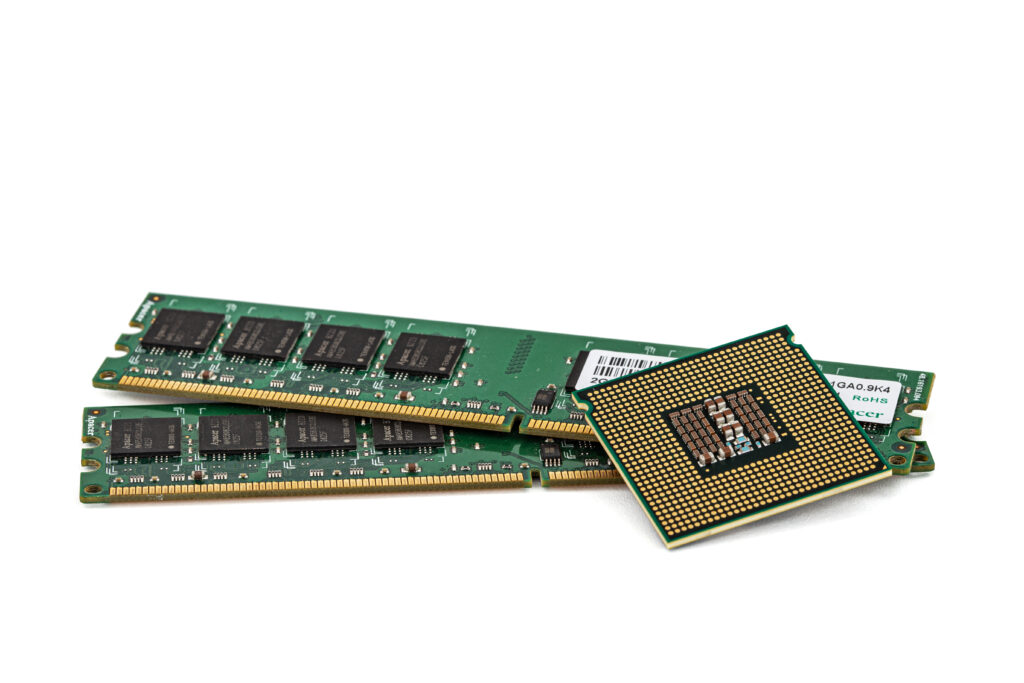
Definition and Function of RAM
RAM, also known as Random Access Memory, is a form of memory that stores data that the CPU has to access rapidly. It attach with Motherboard . Contrary to non-volatile memory (like SSDs or hard drives SSDs), RAM erases the data when the power goes out. It is the space the CPU can write to and read from, which allows for quick access to commonly used applications and data
How RAM Affects Performance
- Speed and efficiency RAM boosts computer performance because it allows the CPU to swiftly access data and instructions. When a computer is running different applications, it depends on RAM to store and organize the data to support these processes. The more RAM available, the more applications can run at the same time without affecting performance.
- Multitasking The use of adequate RAM enhances multitasking capabilities. With greater RAM, a system can run more programs simultaneously without experiencing major slowdowns. This is especially important when it comes to tasks like video editing, gaming, and virtual machines.
- Data Caching RAM functions as a cache to the CPU, which stores frequently used data as well as instructions. This makes it less necessary for the processor to connect to slower storage devices such as hard drives and SSDs and improves the overall speed of the system and its responsiveness.
Types of RAM
- DRAM (Dynamic RAM) is the most popular type of RAM. It must be periodically refreshed to preserve data and is used in most all-purpose computer environments.
- DDR (Double Data Rate): This is a form of DRAM which has a higher bandwidth, as it transfers data at both the ascending and descending sides of the clock signals. DDR has changed through a variety of generations, including DDR2, DDR3, DDR4, DDR5, and DDR5, each of which offers improvements in power consumption, speed, and bandwidth.
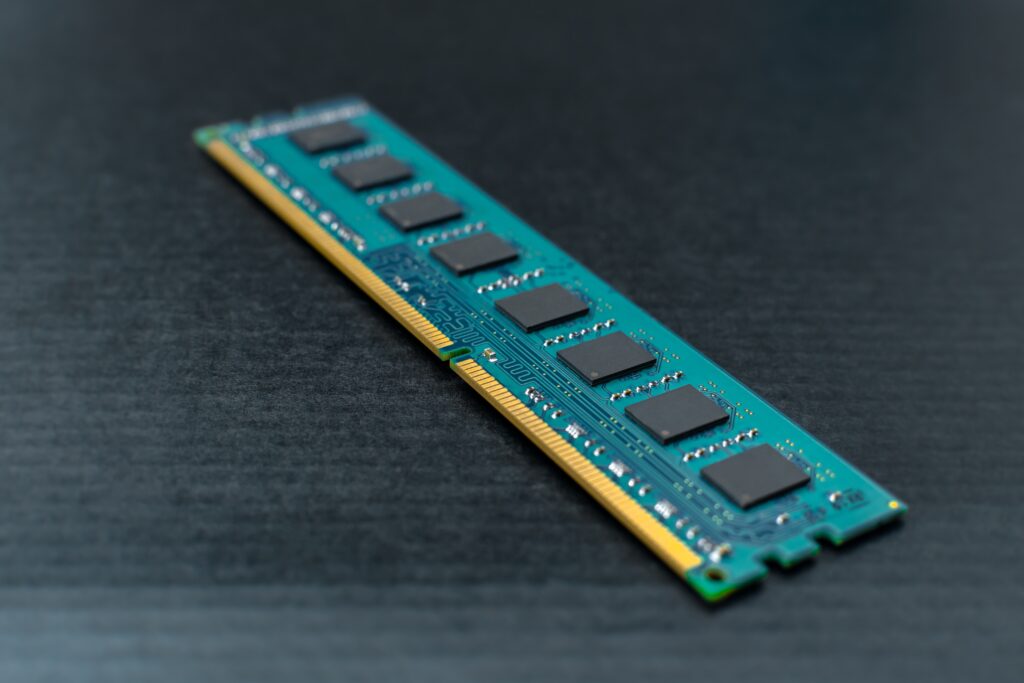
Factors Affecting RAM Performance
Capacity: The amount of RAM installed in a system affects its performance. Insufficient RAM can lead to excessive paging (using storage as virtual memory), which significantly slows down the system. Modern systems typically require a minimum of 8GB of RAM for general use, with higher capacities needed for demanding applications.
Speed: RAM speed, measured in MHz, affects how quickly data can be read from and written to RAM. Higher-speed RAM can improve performance, particularly in memory-intensive tasks.
Latency refers to the time it takes for RAM to respond to a CPU request. Lower latency RAM can enhance performance by reducing wait times.
Upgrading RAM
Upgrades to RAM are an affordable way to improve your system’s performance. If you are considering upgrading, ensure that the new RAM is compatible with your motherboard and with the system’s requirements in terms of speed and type. A larger capacity of RAM will increase system performance and facilitate better multitasking.
Conclusion
RAM is a crucial component that directly influences a computer’s performance. With its quick accessibility to data and instructions, RAM facilitates efficient multitasking and smooth program running. Understanding RAM’s function and specifications will help users optimize their system for greater performance and make better choices regarding upgrading.
In preparation for the CompTIA A+ exam, a thorough understanding of RAM’s role and impact on computer performance is vital in troubleshooting and system optimization tasks.

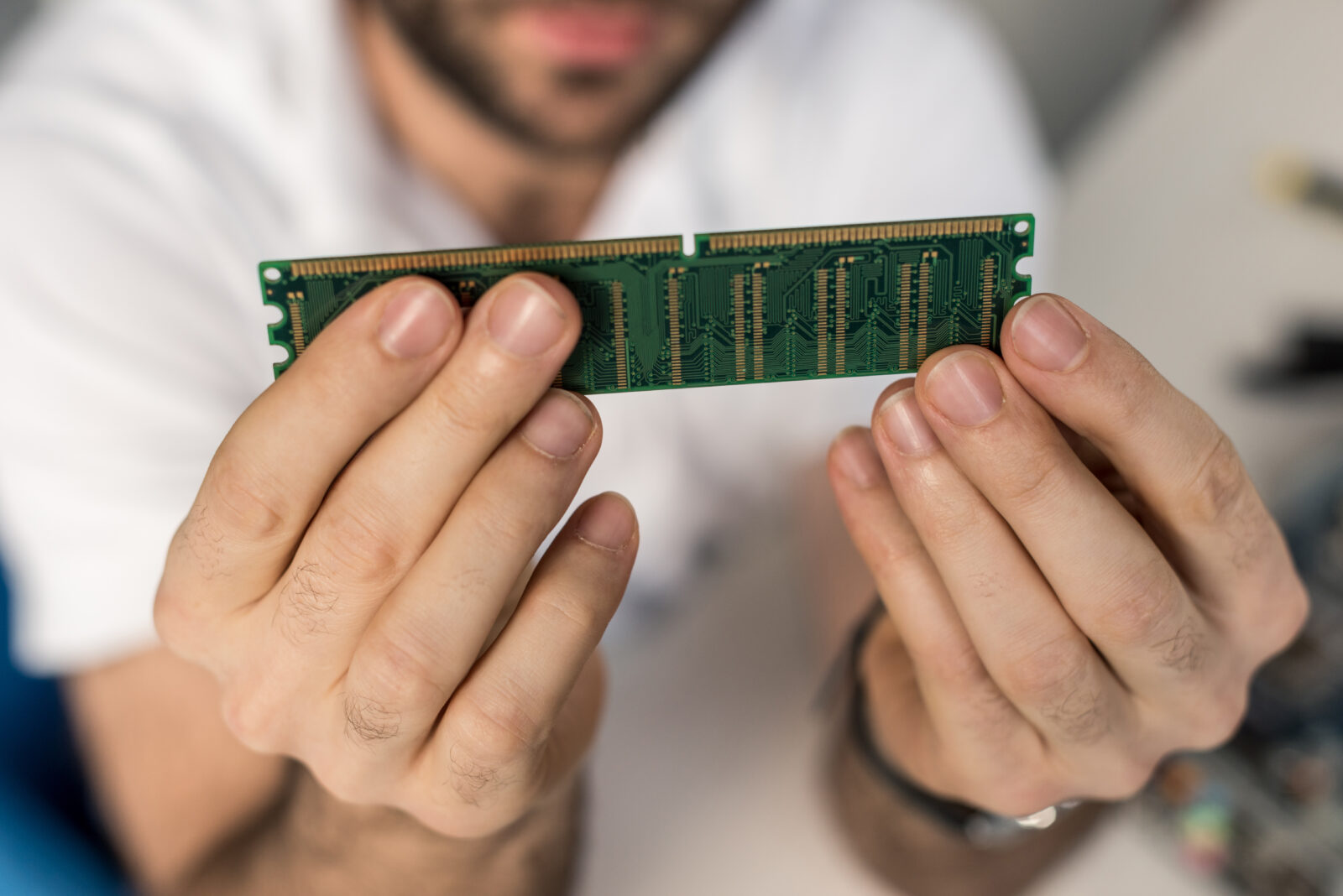


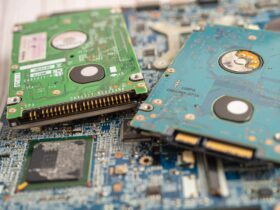
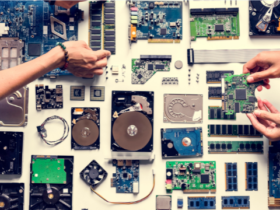
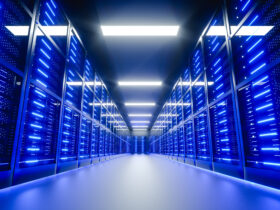
Leave a Reply